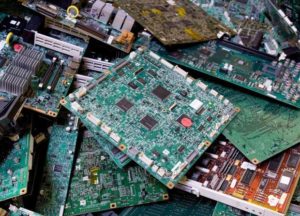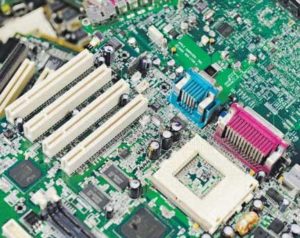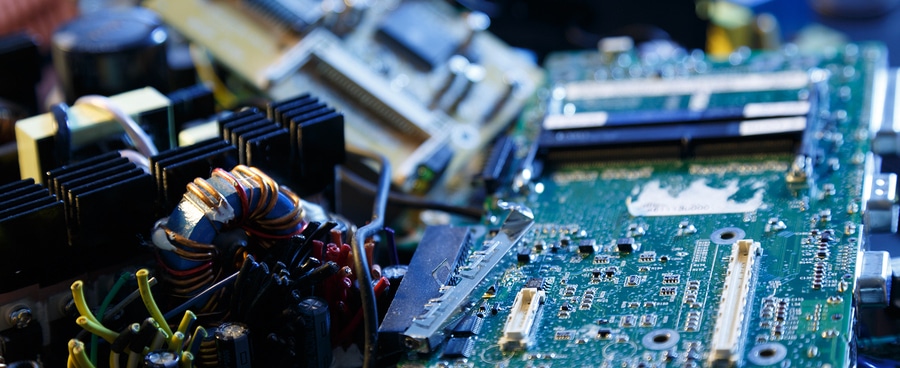 As a consumer, we might not think twice about tossing an old cell phone or laptop, but for business owners that may cycle through multiple devices in a year, business electronics recycling should be a top of mind topic.
As a consumer, we might not think twice about tossing an old cell phone or laptop, but for business owners that may cycle through multiple devices in a year, business electronics recycling should be a top of mind topic.
The recycling process itself is quite simple and comes with a number of financial and environmental benefits. Here’s a quick overview on some essential do’s and don’ts to start recycling old business electronics:
1. DO Check Your State’s Legal Requirements on Electronics Disposal
Electronics disposal requirements will vary by state, so it’s important to understand the legality of simply tossing your devices in the trash or which items can be recycled. Currently, 25 states have some electronics recycling laws in place. Check the laws in your state to understand how to move forward.
2. DON’T Forget to Remove Ink or Toner from Your Printers
 Ink cartridges and toners can be recycled, but not along with your electronics. It’s best to remove them before sending your printers in for recycling, as they can create messy issues during the process.
Ink cartridges and toners can be recycled, but not along with your electronics. It’s best to remove them before sending your printers in for recycling, as they can create messy issues during the process.
3. DO Delete Data from Your Devices
The U.S. Department of Homeland Security offers a number of tips to scrub the data from your devices so that critical information doesn’t end up in the wrong hands. As a general rule, you should wipe the hard drive clean and perform a factory reset on your devices prior to disposing of them.
4. DON’T Neglect the Human Element
As a business owner, your recycling program isn’t just your responsibility. Get your team involved to make sure they know their role in disposing of electronics. Employees can ensure the program is carried out correctly and consistently, and may even spill over into other areas of your company.
At JHI, we’re here to make recycling old business electronics easier and guesswork-free. Contact us today for more insights on business electronics recycling!


